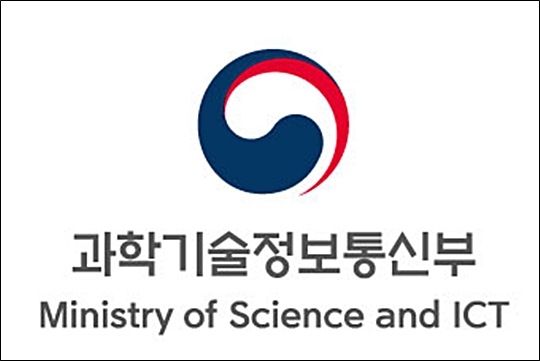Ministry of Science and ICT announced on the 30th that the ‘Blockchain Technology Development for Data Economy’ project passed the feasibility study. As such, it will invest 11.3 billion won in the blockchain technology development business.
This project was planned for the development of next-generation blockchain technology from 2017. After passing the technical evaluation in 2018, the project was re-planned last year and this time, it finally passed the feasibility study. Accordingly, a total of 11.3 billion won will be invested over the next five years from 2021 to 2025 to promote the development of core source technologies for improving blockchain processing performance and protecting privacy.
Through this project, the ministry will promote ▲ consensus technology ▲ smart contract security technology ▲ distributed identity authentication-based personal information processing and identity management technology ▲ data sovereignty guarantee data management technology development.
First, it will develop a consensus technology (developing an algorithm to create and agree on a block containing data in the blockchain) so that the service will operate stably even if the number of blockchain participants increases while maintaining decentralization.
Nowadays, blockchain technology has a problem that consensus processing speed decreases as the number of network participants increases. Therefore, high-performance consensus technology must be developed for service scalability. To this end, the ministry plans to solve the problems caused by the centralization or scalability that may occur during the consensus process, and develop control algorithms that guarantee continuous consensus and technology that reduces resource consumption required for consensus.
The project also includes the development of technologies to improve the vulnerability of smart contract security. Since smart contracts execute contracts according to pre-written code, users are harmed if the vulnerability is not found in advance. Therefore, the ministry will develop technologies that can automatically detect and improve vulnerabilities in advance and simulate them in a virtual environment.
In addition, the ministry will also develop a privacy protection technology in the process of using DID management technology and data to protect personal information on the blockchain. In the distributed identification service, data encryption technology such as personal key recovery and zero-knowledge authentication using biometric technology will be developed. Through this, it will make user identification possible online while protecting user privacy as much as possible.
Technologies that enhance the usability of blockchain services by managing and analyzing large amounts of data at high speed were also included in the project. The ministry aims at developing large-scale node management technology and large-scale distributed data storage technology to increase the data capacity that can be processed. In addition, it plans to develop index analysis and query language technology for rapid search.
Park Yoon Kyu, Information and Communication Policy Officer of Ministry of Science and ICT said, “Through this project, it is expected that the technological competitiveness of the blockchain, which is the basis of the ultra-connected and non-facing trust society, will be strengthened. According to the “blockchain technology expansion strategy” announced last month, we plan to continue to promote policies to strengthen the competitiveness of our company.”




